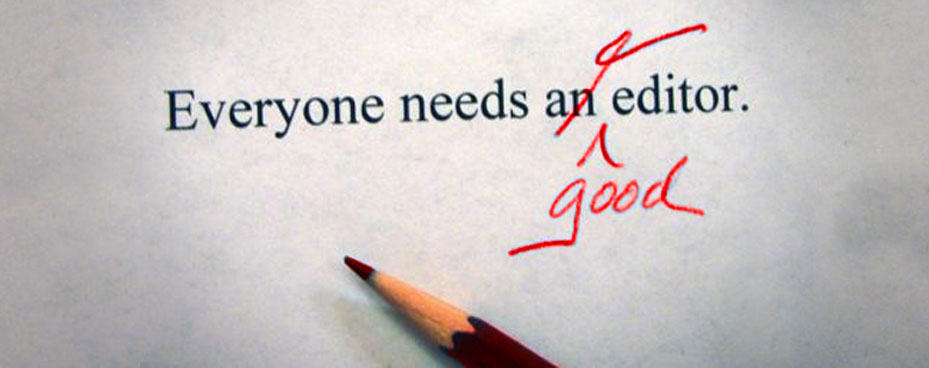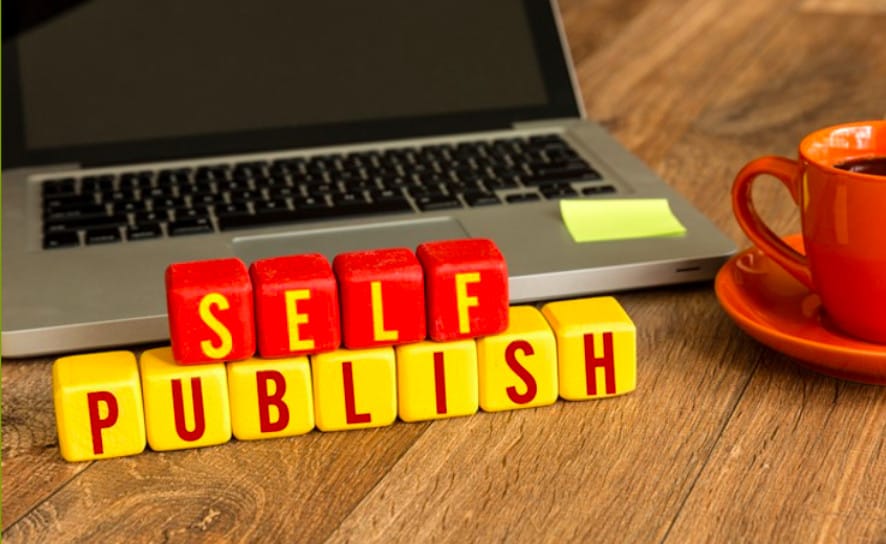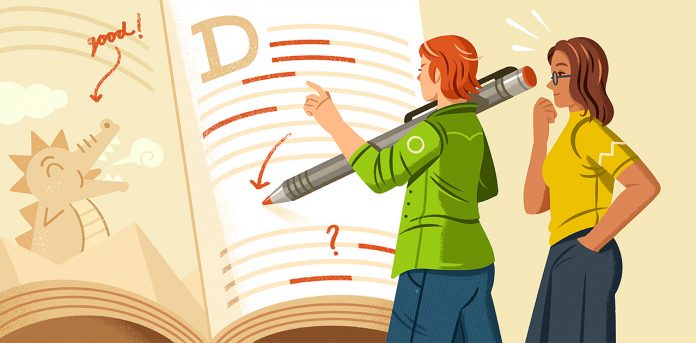Learn what a line editor does for a book manuscript, and what writers should look for when hiring a line editor for their manuscript.
Are you writing a novel or nonfiction manuscript? At a certain point, perhaps after several years of drafting, you’ll need to find a line editor to take your book to the next level. But what exactly does a line editor do, and is it necessary to hire one to become a published author?

What is a Line Editor?
A line editor is a creative editor. S/he edits a manuscript from a stylistic and structural perspective, including basic grammar and sentence structure, composition, paragraph structure, style, tone and word choice. A good line editor should make a writer’s words sound powerful and professional.

Do You Need a Line Editor?
Writers hire line editors at different stages of the book process. For example, in the early stages, a writer might hire a line editor to see how s/he can improve her/his writing. Handing in a few chapters to a line editor is a popular choice, to see if the writer’s prose needs more development.

Often, at the end of the manuscript, the editor will write or type commentary notes that will evaluate the entire manuscript (such as the strengths and weaknesses). This is a good way to find out if your book is headed in the right direction.
A more popular choice is to hire a line editor when the writer is in the last draft of her/his novel or nonfiction manuscript.

When the writer approaches the end of a manuscript, s/he will most likely want to query agents and publishing house editors. Another option growing in popularity is to self-publish.
With all three options, the writer must present a polished and professional manuscript to either agents, editors and/or potential readers.

The line editor will edit the entire manuscript and will provide the writer with an edited manuscript and evaluative notes.
How to Hire the Best Line Editor
A line editor should have several years of editing experience. The writer should be able to easily “google” the editor’s name and review her/his work. A professional editor has a website or accessible web page with all her/his services, prices, editing and payment process and contact information.

Another good feature is testimonials, where clients and industry professionals provide recommendations of the editor and her/his work.
Pricing will vary, so it’s best to look around and compare prices. Also, an editor should see a sample of the writer’s manuscript first to evaluate the time and cost. Editors charge either by word, page, hour or project. Again, this information should be easily visible on her/his website.

A final note: Remember to go with your gut. If it looks like a scam, it is. If the editor seems unprofessional in any way, then don’t work with that person. Since you could potentially be paying thousands of dollars to have your entire manuscript edited, make sure the line editor is the right choice for you and your book.


















